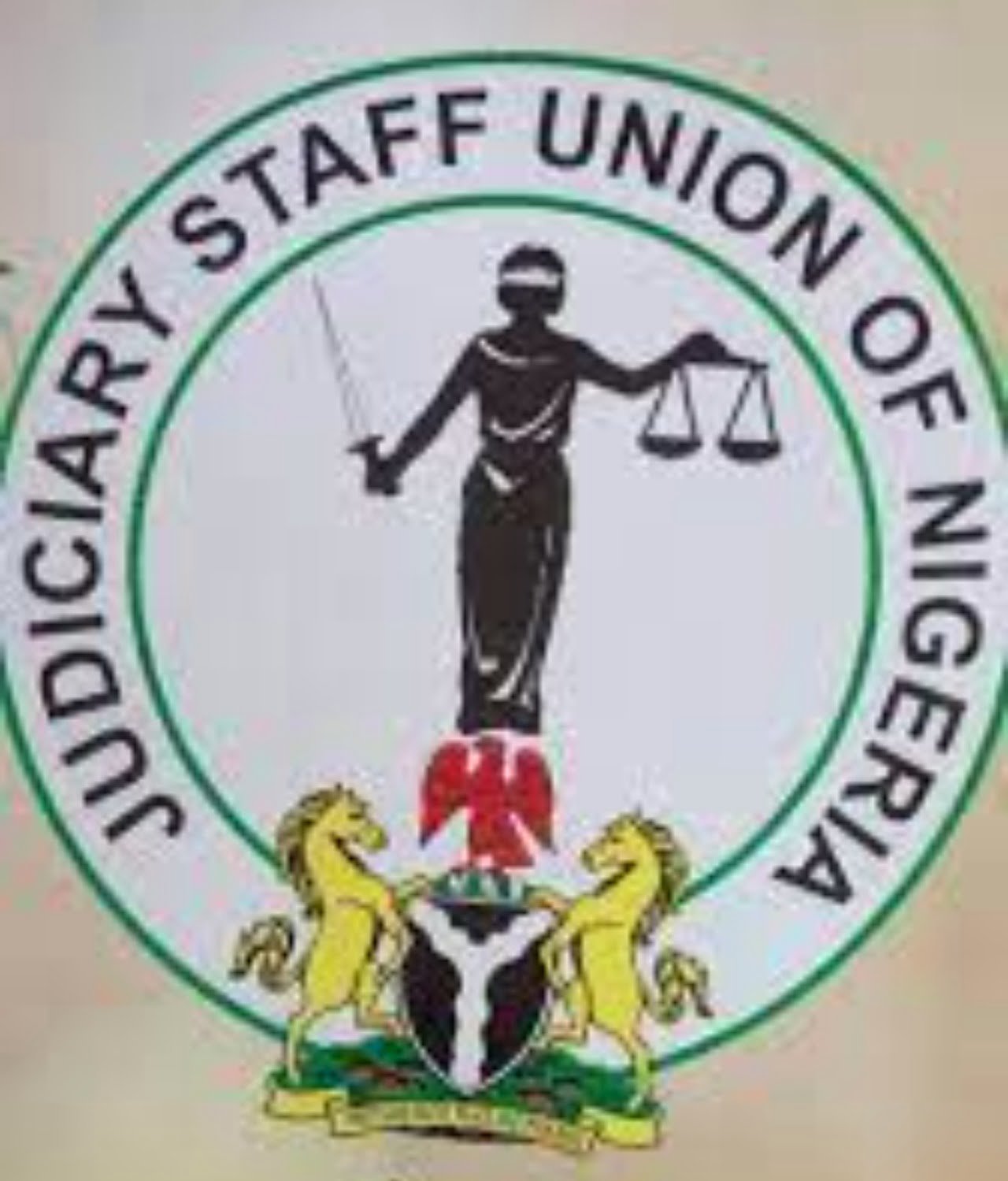By Taiye Olayemi
Prof. Ziyaad Mahomed of INCEIF University in Malaysia, has called on African countries to urgently strengthen their regulatory frameworks for artificial intelligence (AI) and Islamic finance.
Mahomed said this was to safeguard their financial markets and deepen non-interest financial systems.
The don made the call on Wednesday at the 7th African International Conference on Islamic Finance (AICIF) held in Lagos.
The 7th AICIF, with the theme, “Africa Emerging: A Prosperous and Inclusive Outlook,” brought together regulators, scholars, and financial experts.
Mahomed warned that without proper regulation, rapid technological advancements and weak financial governance could expose African economies to market instability similar to the 2015 flash crash on the New York Stock Exchange (NYSE).
“The 2015 NYSE crash was triggered by an AI bot that made a microsecond trading decision, almost collapsing the entire financial market.
“If it had not been corrected in time, global markets could have fallen apart in just five minutes.
“That is how fragile our systems can be if not properly protected through sound regulation and consumer protection,” he said.
Mahomed noted that while several Gulf countries had already developed regulatory frameworks for AI in finance, Africa was yet to make significant progress in this regard.
“We have AI regulation in countries within the Gulf region, but I do not see it yet in Nigeria or across Africa,” he said.
Mahomed proposed a three-phase strategy for developing new Islamic finance markets in Africa.
He advised emerging markets to begin by establishing a solid legal and institutional foundation, identifying market catalysts, and introducing domestic sovereign Sukuk as a means of building investor confidence and stimulating the market.
“Launching a sovereign Sukuk early can serve as a proven and tested model that reduces friction and spurs non-interest financing,” he said.
The don urged countries like Nigeria, which already had active Islamic capital markets, to focus on developing secondary markets to enhance liquidity and mitigate credit risks.
He said, “Nigeria currently has a buy-and-hold strategy for Sukuk, and while this supports stability, it limits secondary trading.
“Developing a robust secondary market will strengthen the ecosystem and help address reputational and credit risks in private Sukuk issuances.”
Mahomed further identified short-term Islamic money market instruments as a major gap in Nigeria’s financial ecosystem,
He, however, called for diversification beyond Sukuk issuance.
He emphasised the need for a comprehensive roadmap that integrated the banking sector, capital market institutions, and regulatory frameworks to ensure balanced market growth.
The Malaysian scholar also highlighted the importance of political will and leadership continuity, saying countries must cultivate “champions” to drive reforms and maintain momentum in the sector.
“In Kenya, when a key champion of Islamic finance left office, the sector almost collapsed because there was no succession plan. We must build institutions, not individuals,” he said.
Mahomed called for a coordinated action plan among African governments, central banks, the private sector, academia, and civil society to build capacity, foster innovation, and implement meaningful reforms.
“This is not about religion; it is about providing choice and deepening financial inclusion.
“Governments must create the enabling environment, the private sector must innovate, and academics must build the next generation of experts to carry the vision forward.”
Mahomed urged policymakers to localise financial solutions rather than replicate models from the Middle East.
He said that every African market must design products tailored to its cultural and economic realities.
“You cannot simply copy a Dubai or Bahrain model. Every country must innovate based on its own social and cultural context,” he said.
Also, Mrs Korede Demola-Adeniyi, Executive Director at The Alternative Bank recommended that to properly harness islamic finance for Inclusive growth, Sukuk should be used to support SMEs.
Demola-Adeniyi also added that financial literacy should not be underestimated but be prioritized.
Mr Aminu Umar-Sadiq, Managing Director of the Nigeria Sovereign Investment Authority, advised that the narrative must change from government being the principal issuer of Sukuk.





